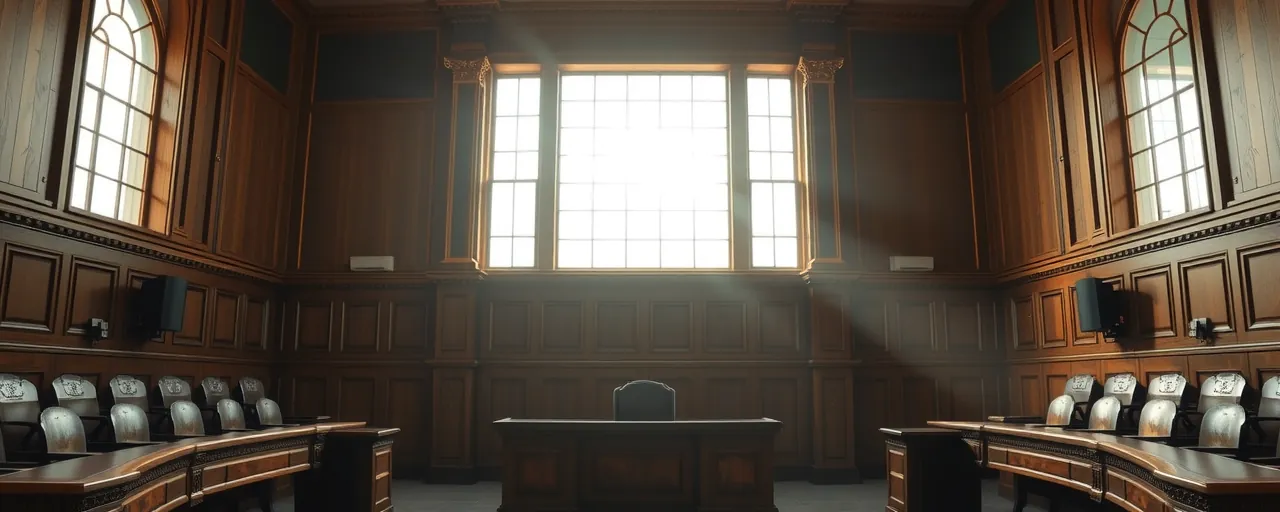A Statewide Push for Reform
In Austin, the issue of public safety has ignited a heated discussion. On May 7, 2025, Governor Greg Abbott stood before a crowd at the Texas Public Policy Foundation, calling for a major overhaul of the state’s bail system. He highlighted cases where individuals accused of violent crimes were released on minimal bonds, only to harm again. The emotional testimonies of victims’ families at the event brought the issue into sharp focus.
The proposed solution involves a constitutional amendment. It would allow judges to deny bail for serious crimes like murder or human trafficking, require written justifications for granting bail, and give prosecutors the ability to appeal lenient decisions. Supporters argue this will protect communities by keeping dangerous individuals detained.
The proposal, however, has stirred a broader conversation. While many agree on the need to prevent repeat offenses, others worry about the impact on individual rights. This tension between protecting the public and ensuring fairness defines the challenge Texas faces.
Voices Shaping the Debate
Victims’ families are at the forefront of the push for change. Sophia Strother Lewis, a survivor of violent crime, shared her frustration over her perpetrator’s release on a $750,000 bond, a decision she felt diminished her worth. Other families recounted similar losses, including loved ones killed by individuals out on bond.
Law enforcement leaders have also rallied behind the reforms. Sheriff Brian Hawthorne, representing the Sheriffs’ Association of Texas, stressed the importance of robust bail policies to safeguard communities. Police association leaders from Austin and San Antonio pointed to a troubling trend of lenient bond decisions in urban areas.
Yet not everyone agrees. Advocates for criminal justice reform argue that expanding pretrial detention could unfairly target low-income individuals and undermine the principle that people are innocent until proven guilty. Evidence from states like New Jersey shows that reformed bail systems can maintain high court appearance rates and low violent rearrest rates, suggesting there may be other ways to address safety concerns.
Navigating the Legislative Landscape
The Texas Senate has moved quickly, passing four bail-related proposals in 2025. Senate Joint Resolution 5, which gained a 28-2 vote, aims to amend the state constitution to deny bail for an expanded list of violent felonies. To become a public referendum, the measure needs a two-thirds majority in the House, a goal complicated by differing perspectives among lawmakers.
Supporters like Senator Joan Huffman and Representative John Smithee emphasize the potential to save lives. They cite cases like the murder of Xavier Jones Sr., where suspects with multiple active bonds committed a deadly crime. Critics, including some House Democrats, warn that the proposals could overwhelm county jails and restrict judges’ ability to make case-specific decisions.
This debate mirrors a national divide. States like New York and Illinois have shifted toward eliminating cash bail and using risk assessments, while Texas leans toward stricter detention policies. The outcome will shape how the state balances community safety with the rights of the accused.
A Path Forward
As Texas considers these changes, the broader context of crime and justice comes into play. National data show violent crime rates fell 3% in 2022, with homicides down 6% from 2019, though issues like rising shoplifting remain. These trends underscore the need for policies that address both immediate safety and long-term systemic challenges.
Victims’ rights advocates, supported by laws ensuring their voices are heard in court, continue to press for accountability. At the same time, those working to reduce mass incarceration call for solutions grounded in data, like pretrial services that minimize detention. Both sides want a system that serves Texans fairly and effectively.
The next steps rest with the legislature and, potentially, the voters. As families, law enforcement, and reform advocates weigh in, Texas must find a way to protect its communities while staying true to the principles of justice. The outcome will resonate far beyond the state’s borders.
